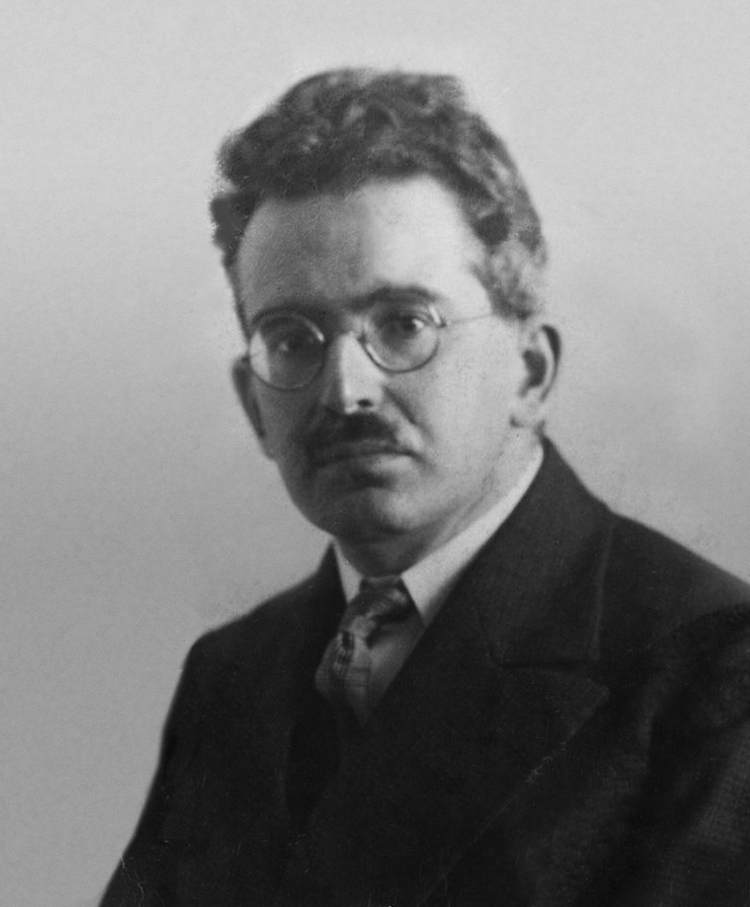Walter Benjamin Frases famosas
“A informação só tem valor no momento em que é nova.”
Citado em "Walter Benjamin" - Página 82, Leandro Konder - Editora Record, 1999, ISBN 8520004989, 9788520004982 - 130 páginas
Atribuídas
“A construção da vida encontra-se, actualmente, mais em poder dos fatos do que das convicções.”
Variante: A construção da vida encontra-se, atualmente, mais em poder dos fatos do que das convicções.
Citações de arte de Walter Benjamin
The Work of Art in the Age of Its Technological Reproducibility, and Other Writings on Media
Fonte: BENJAMIN. W. O narrador. Considerações sobre a obra de Nikolai Leskov. IN: BENJAMIN, W. Magia e técnica, arte e política. Obras escolhidas. São Paulo: Brasiliense, 3.ed., 1987."
Walter Benjamin frases e citações
Das wahre Bild der Vergangenheit huscht vorbei. Nur als Bild, das auf Nimmerwiedersehen im Augenblick seiner Erkennbarkeit eben aufblitzt, ist die Vergangenheit festzuhalten
Schriften - Volume 1, página 496, Walter Benjamin - Suhrkamp Verlag, 1955
Variante: A verdadeira imagem do passado perpassa, veloz. O passado só se deixa ficar, como imagem que relampeja irreversivelmente, no momento em que é reconhecido.
Magia e Técnica, Arte e Política - vol. 1
BENJAMIN, Walter. Sobre o conceito de História. In: Magia e técnica, arte e política: ensaios sobre literatura e história da cultura. São Paulo: Brasiliense, 1994.
Magia e técnica, arte e política: ensaios sobre literatura e história da cultura. Obras escolhidas, Volume 1 - página 15, 7a edição, Walter Benjamin, Editora Brasiliense, 1994
Atribuídas
Fonte: Revista Caras http://www.caras.com.br, Edição 676.
Fonte: BENJAMIN. W. O narrador. Considerações sobre a obra de Nikolai Leskov. IN: BENJAMIN, W. Magia e técnica, arte e política. Obras escolhidas. São Paulo: Brasiliense, 3.ed., 1987."
Trecho extraído do artigo intitulado “Experiência”, publicado em 1913 na revista O Começo (em alemão, Der Anfang).
Walter Benjamin: Frases em inglês
Der Kapitalismus ist vermutlich der erste Fall eines nicht entsühnenden, sondern verschuldenden Kultus. ... Ein ungeheures Schuldbewußtsein das sich nicht zu entsühnen weiß, greift zum Kultus, um in ihm diese Schuld nicht zu sühnen, sondern universal zu machen, dem Bewußtsein sie einzuhämmern und endlich und vor allem den Gott selbst in diese Schuld einzubegreifen.
Translated by Chad Kautzer in The Frankfurt School on Religion: Key Writings by the Major Thinkers (2005), p. 259
Capitalism as Religion (1921)
Note B
Theses on the Philosophy of History (1940)
Alle zweckmäßigen Lebenserscheinungen wie ihre Zweckmäßigkeit überhaupt sind letzten Endes zweckmäßig nicht für das Leben, sondern für den Ausdruck seines Wesens, für die Darstellung seiner Bedeutung.
The Task of the Translator (1920)
So dürfte von einem unvergeßlichen Leben oder Augenblick gesprochen werden, auch wenn alle Menschen sie vergessen hätten. Wenn nämlich deren Wesen es forderte, nicht vergessen zu werden, so würde jenes Prädikat nichts Falsches, sondern nur eine Forderung, der Menschen nicht entsprechen, und zugleich auch wohl den Verweis auf einen Bereich enthalten, in dem ihr entsprochen wäre: auf ein Gedenken Gottes.
The Task of the Translator (1920)
"Experience" (1913) as translated by L. Spencer and S. Jost, in Walter Benjamin: Selected Writings, Vol. 1 (1996), pp. 4-5
Für die Romantiker und für die spekulative Philosophie bedeutete der Terminus kritisch: objektiv produktiv, schöpferisch aus Besonnenheit. Kritisch sein hieß die Erhebung des Denkens über alle Bindungen so weit treiben, daß gleichsam zauberisch aus der Einsicht in das Falsche der Bindungen die Erkenntnis der Wahrheit sich schwang.
The Concept of Criticism in German Romanticism (1919)
“History breaks down in images not into stories.”
Arcades Project (1927-1940)
“Criticism and prophecy must be the two categories that meet in the salvation of the past”
Fonte: Ursprung des deutschen Trauerspiels [Origin of the German Mourning Play] (1925), p. 53-54 (trans. John Osborne (London: Verso, 1977)
